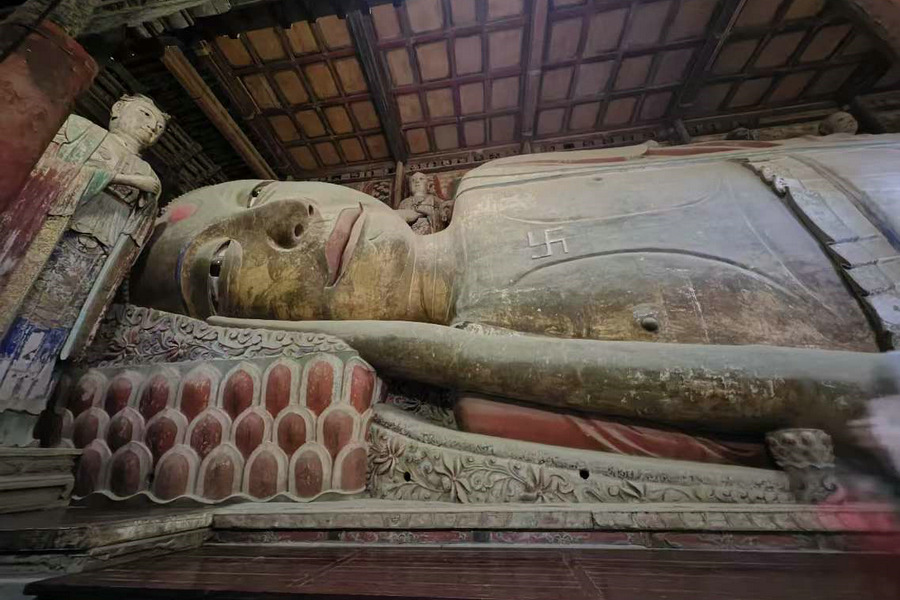Espionage series reveals a tumultuous chapter of Harbin's history


During the conceptualization phase of the hit TV series In the Name of the Brother, known as Harbin 1944 in Chinese, acclaimed director Zhang Li meticulously brainstormed potential titles on a large blackboard. Despite considering a title symbolizing the darkness before dawn, Zhang, renowned for the historical drama Ming Dynasty in 1566, ultimately chose Harbin 1944 for its significance in Chinese history.
Set against the backdrop of 1944, a pivotal year in Chinese history and a tumultuous period for Harbin, the capital of Heilongjiang province in Northeast China, the series captures the eve of the Chinese people's triumph in the War of Resistance Against Japanese Aggression (1931-45).
The 40-episode drama centers on a Communist Party of China underground agent mistaken for his twin brother, who once saved the head of an espionage organization under the Japanese-occupied puppet state of Manchukuo. Assuming his brother's identity, the protagonist infiltrates the organization to gather crucial intelligence, blending historical accuracy with suspenseful storytelling.




































